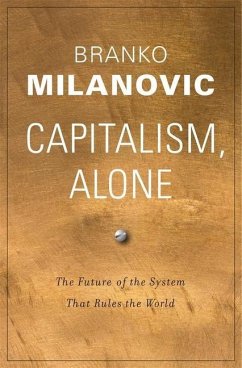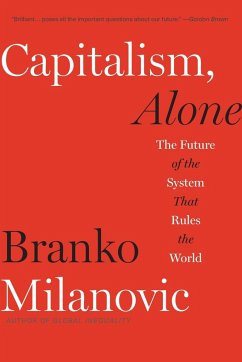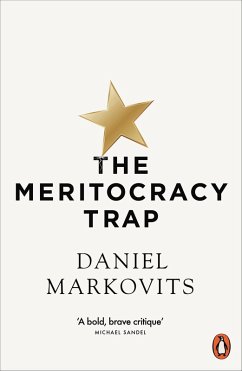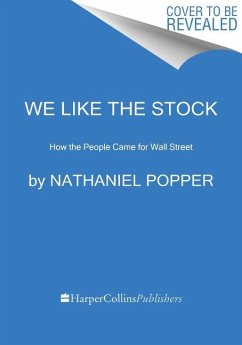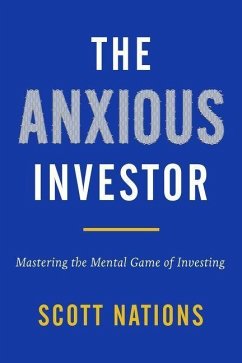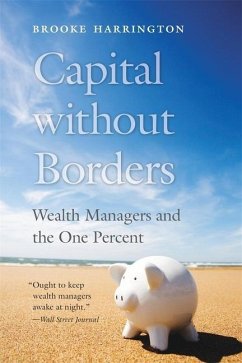Nicht lieferbar

Prosperity without Greed
How to Save Ourselves from Capitalism
Versandkostenfrei!
Nicht lieferbar
Weitere Ausgaben:
It is time to leave capitalism behind. We live in a system of economic feudalism that has nothing to do with a free market economy. The innovations we need for the solution of our truly important problems are not forthcoming. How can it be that technological developments financed by the taxpayer end up enriching private companies even if their activities violate public interests? We should reward talent and real performance and promote start-ups with good ideas. Based on a clear analysis and concrete proposals, Sahra Wagenknecht launches a discussion on new forms of ownership and sketches the ...
It is time to leave capitalism behind. We live in a system of economic feudalism that has nothing to do with a free market economy. The innovations we need for the solution of our truly important problems are not forthcoming. How can it be that technological developments financed by the taxpayer end up enriching private companies even if their activities violate public interests? We should reward talent and real performance and promote start-ups with good ideas. Based on a clear analysis and concrete proposals, Sahra Wagenknecht launches a discussion on new forms of ownership and sketches the outlines of an innovative and just economy.





